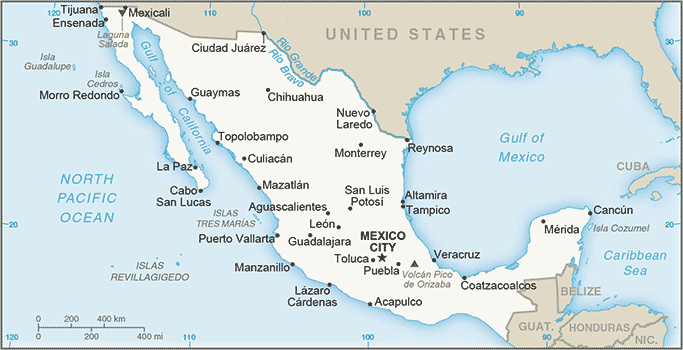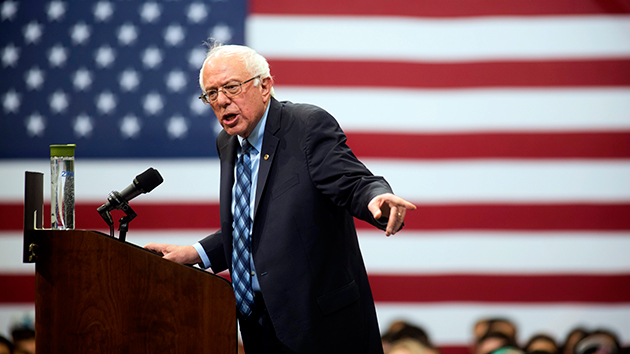 The Chicago suburb of Evanston has become the first city in the United States to put revenues from legal cannabis sales into a "reparations" fund for the city's African American residents—seeking to redress harms not only from the war on drugs but a greater matrix of social injustice.
The Chicago suburb of Evanston has become the first city in the United States to put revenues from legal cannabis sales into a "reparations" fund for the city's African American residents—seeking to redress harms not only from the war on drugs but a greater matrix of social injustice.

 Legal cannabis sales are officially starting in Michigan on Dec. 1—but with a big emphasis on the "officially." Cannabis shortages and a dearth of licensed dispensaries mean that the Wolverine State's retail recreational program will be off to a less than flying start. Even last-minute abandonment of the planned firewall between the medical and recreational markets may be insufficient to salvage the situation.
Legal cannabis sales are officially starting in Michigan on Dec. 1—but with a big emphasis on the "officially." Cannabis shortages and a dearth of licensed dispensaries mean that the Wolverine State's retail recreational program will be off to a less than flying start. Even last-minute abandonment of the planned firewall between the medical and recreational markets may be insufficient to salvage the situation. Cannabis may be legal in California, but illicit cultivation persists—especially in the National Forests, where it often takes a grave ecological toll. The CROP Project—for Cannabis Removal On Public Lands—is now bringing together environmentalists, law enforcement and the legal cannabis industry for a coordinated approach to the problem.
Cannabis may be legal in California, but illicit cultivation persists—especially in the National Forests, where it often takes a grave ecological toll. The CROP Project—for Cannabis Removal On Public Lands—is now bringing together environmentalists, law enforcement and the legal cannabis industry for a coordinated approach to the problem. Boomers are using cannabis more, with many turning to the herb as medicine to deal with the challenges of advancing years. They are also the generation that began the demographic tilt in favor of legalization. And unlike the "Zoomers" of Generation Z, they are resisting the lure of extracts in favor of old-fashioned dried flowers.
Boomers are using cannabis more, with many turning to the herb as medicine to deal with the challenges of advancing years. They are also the generation that began the demographic tilt in favor of legalization. And unlike the "Zoomers" of Generation Z, they are resisting the lure of extracts in favor of old-fashioned dried flowers.
 There is a discomforting sense that Mexico is perpetually on the eve of cannabis legalization, as the country's Congress wins a six-month extension from the Supreme Court to pass a law freeing the herb. But foreign capital is already eyeing Mexico's emergent legal cannabis sector—even amid a terrifying escalation in the bloody cartel wars.
There is a discomforting sense that Mexico is perpetually on the eve of cannabis legalization, as the country's Congress wins a six-month extension from the Supreme Court to pass a law freeing the herb. But foreign capital is already eyeing Mexico's emergent legal cannabis sector—even amid a terrifying escalation in the bloody cartel wars.  As a new law lifts restrictions on investment in Colorado's cannabis sector, many fear consolidation by big money—a concern uniting some small operators with cultural conservatives. But others see a growth opportunity for small enterprises.
As a new law lifts restrictions on investment in Colorado's cannabis sector, many fear consolidation by big money—a concern uniting some small operators with cultural conservatives. But others see a growth opportunity for small enterprises. Bernie Sanders has released his plan for cannabis legalization, which features provisions to keep Big Tobacco from colonizing the new industry. But other exponents of corporate power are already getting a jump on the cannabis sector, and could just as effectively squeeze out independent operators.
Bernie Sanders has released his plan for cannabis legalization, which features provisions to keep Big Tobacco from colonizing the new industry. But other exponents of corporate power are already getting a jump on the cannabis sector, and could just as effectively squeeze out independent operators. As the cannabis industry is embraced by corporate power and finance capital, the patenting of strains, products and applications is an increasing concern. But the international patchwork of legality makes for a confusing environment. Illegality has served as a paradoxical break on privatizing of varieties. Growers and advocates are devising means to protect the genetic commons in the new cannabis order.
As the cannabis industry is embraced by corporate power and finance capital, the patenting of strains, products and applications is an increasing concern. But the international patchwork of legality makes for a confusing environment. Illegality has served as a paradoxical break on privatizing of varieties. Growers and advocates are devising means to protect the genetic commons in the new cannabis order.





Recent comments
3 weeks 3 days ago
3 weeks 3 days ago
6 weeks 4 days ago
7 weeks 3 days ago
11 weeks 4 days ago
15 weeks 2 days ago
19 weeks 2 days ago
20 weeks 1 day ago
30 weeks 1 day ago
34 weeks 1 day ago